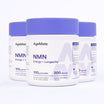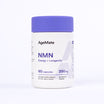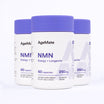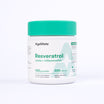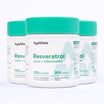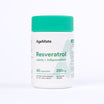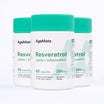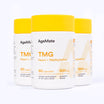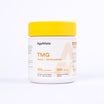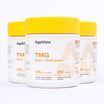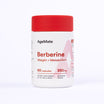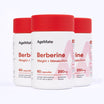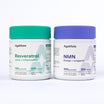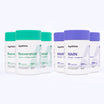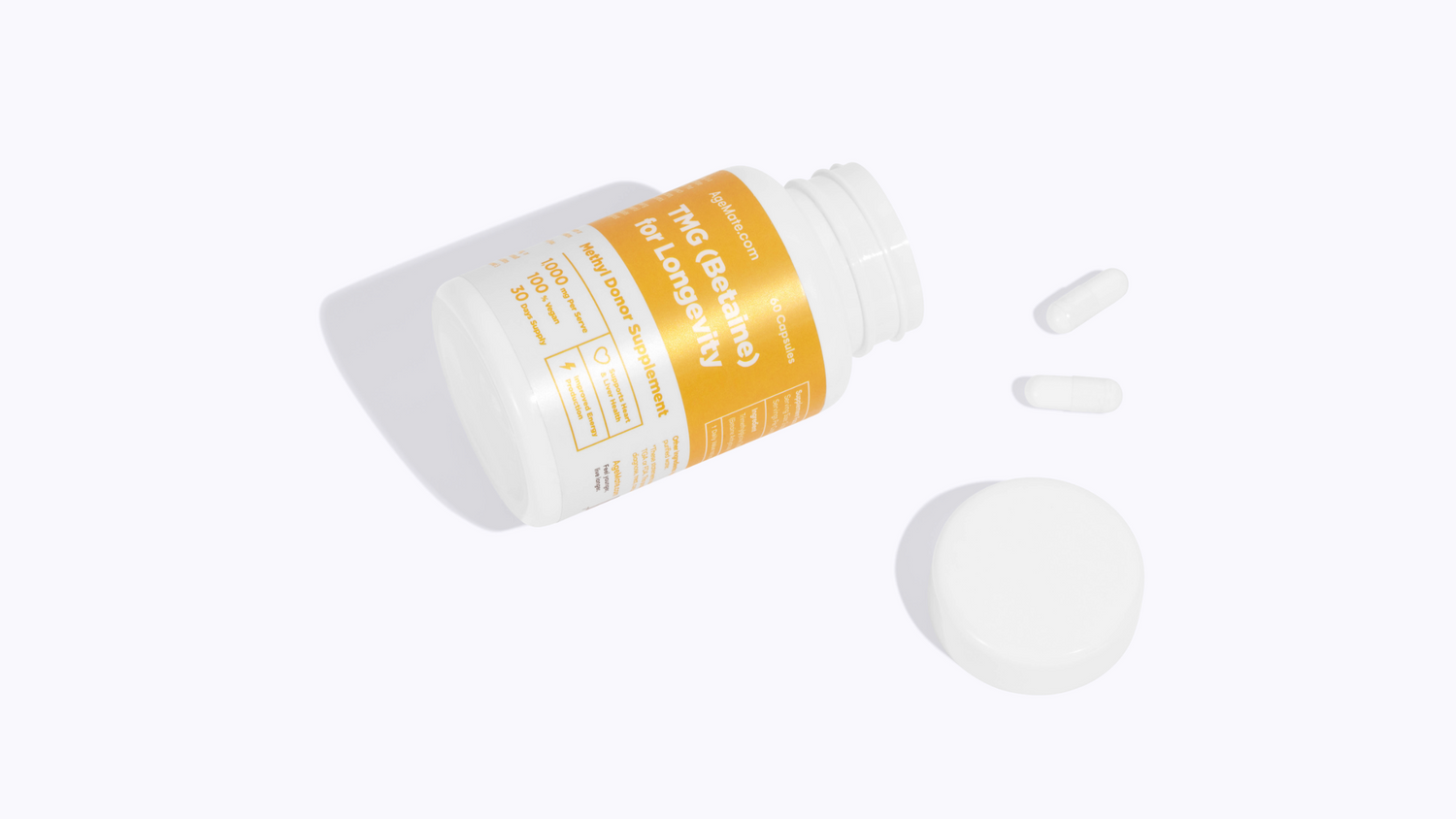While Trimethylglycine (TMG), discovered in sugar beets, is known for its wide range of health benefits, did you know that the timing of its intake can amplify its effectiveness? Keep reading to learn the TMG timing tricks that can turn a simple beet-derived supplement into a powerful ally for your daily health regimen.
What is TMG?
TMG stands for "trimethylglycine," also known as betaine. It's a compound found in plants and animals and is often used as a dietary supplement. TMG is involved in the body's methylation process, which is important for various biological processes, including liver function, cellular replication, and detoxification.
Additionally, TMG acts as an osmolyte, helping to protect cells under stress and potentially improving athletic performance. It's also used for reducing homocysteine levels, a risk factor for heart disease (R).
Learn more about What is TMG? here.
Chemical Structure and Key Compounds
TMG is characterised by its unique chemical structure, containing three methyl groups attached to a glycine molecule. This structure is key to its biological activities, particularly in methylation.
What is TMG Supplement Used For?
TMG supplements are primarily used to support liver health, improve athletic performance, and aid in heart and cardiovascular health. They're also recognised for their role in reducing homocysteine levels, a risk factor for heart disease (R).
Forms of TMG Supplements
TMG supplements are available in various forms, including powders, capsules, and liquids, offering flexibility in terms of dosage and administration.
Health Benefits of TMG Supplements
TMG has been associated with numerous health benefits, including improved digestion, protection of liver cells, enhanced physical performance, and support of healthy homocysteine levels (R, R, R).
Nutritional Sources and Dosage
Natural Sources of TMG
TMG can be found naturally in foods like beets, quinoa, and spinach, making it accessible through diet as well as supplementation.
How Much TMG Should I Take?
The ideal TMG dosage can depend on various factors, including age, health status, and specific health objectives. It's best to consult a healthcare provider for personalised advice.
TMG supplement from AgeMate recommends the following dosages:
30-40 year olds: 250 - 500mg
40-60 year olds: 500 - 750mg
60+ year olds: 750 - 1,000mg
The Best Time to Take TMG Supplements
The best time to take TMG supplements can vary based on individual health goals and the advice of a healthcare professional. However, common recommendations include:
- With Meals: Taking TMG with meals can enhance absorption and minimise stomach discomfort risk.
- Morning or Pre-Workout: Many people choose to take TMG in the morning or before a workout, as it is believed to support energy levels and physical performance.
- Consistent Timing: Consistency in timing can help maintain stable levels in the body. Sticking to the same time each day can be beneficial, whether morning, afternoon, or evening.
- Follow Guidelines: If your TMG supplement comes with specific instructions regarding timing, it’s important to adhere to these.
- Consult a Healthcare Provider: If you have specific health concerns or are taking other medications, consulting with a healthcare provider is advisable to determine the most appropriate timing for taking TMG.
Remember, individual needs can vary, so the optimal time for one person may differ for another. Consulting with a healthcare provider can provide personalised guidance.
Integrating With Other Supplements
TMG often works synergistically with other supplements, such as NMN, folic acid and vitamin B12, to enhance overall health benefits.
Frequently Asked Questions About TMG
Why Take TMG With NMN?
TMG is often taken with NMN (Nicotinamide Mononucleotide) to support methylation processes affected by increased NMN intake.
How Much TMG Should I Take With NMN?
The ratio of TMG to NMN can vary, but a common approach is to match the TMG dosage to the NMN dosage to balance methylation demands.
When to take TMG with NMN?
Taking TMG simultaneously with NMN, usually in the morning, can optimise their synergistic effects.
Is Betaine HCl the same as TMG?
No, Betaine HCl is different from TMG. Betaine HCl is primarily used to support digestive health, while TMG is involved in methylation and other cellular processes.
Is TMG the same as Glycine?
While TMG is derived from glycine, it is not the same. TMG has three additional methyl groups, giving it different properties and health benefits than glycine.
Conclusion
In conclusion, TMG potentially offers a range of health benefits due to its role in methylation and as an osmolyte. The efficacy of TMG supplementation can be influenced by the timing of its intake.
It is generally recommended to take TMG with meals to enhance absorption, in the morning or before workouts for an energy boost, and consistently at the same time each day for stable levels in the body.
Additionally, adherence to specific guidelines provided with the supplement and consulting a healthcare provider for personalised advice are crucial steps to optimise the benefits of TMG.



